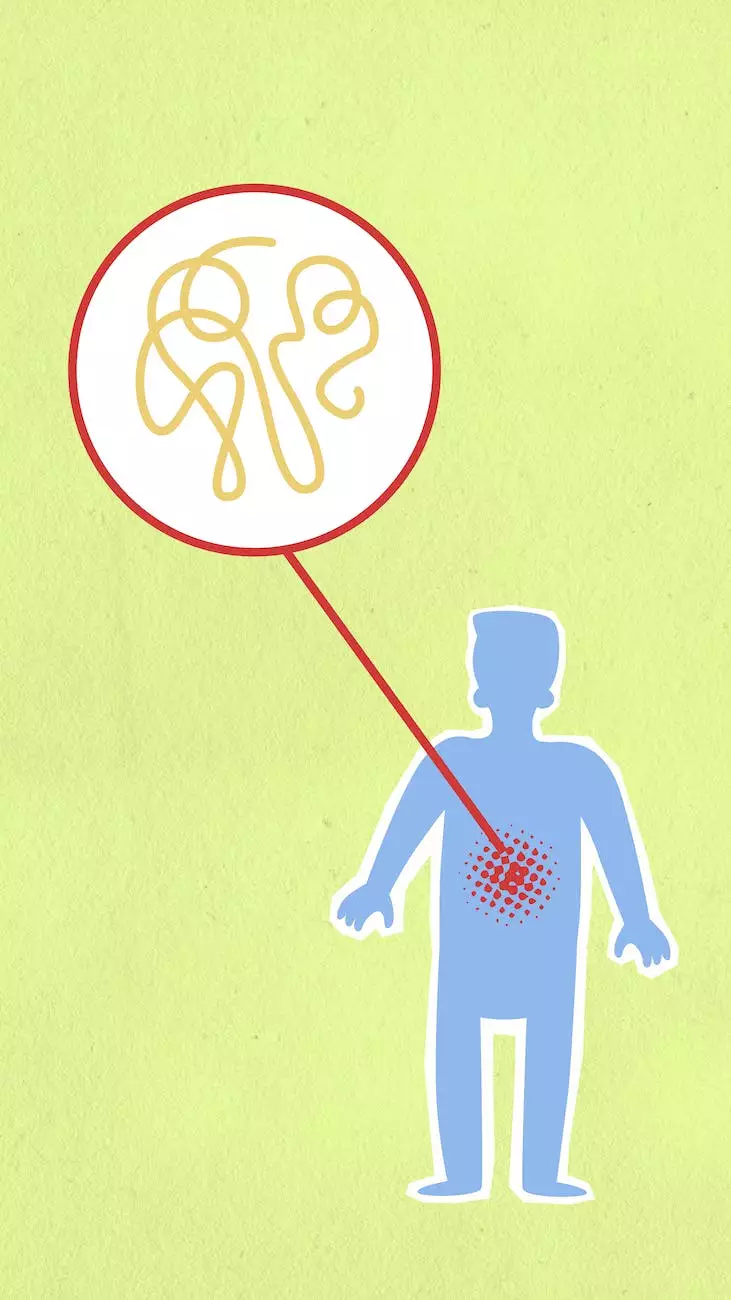MAOB GENE

Introduction to the MAOB Gene
The MAOB gene, also known as Monoamine Oxidase B, encodes an enzyme that plays a crucial role in the metabolism of neurotransmitters such as dopamine, norepinephrine, and serotonin. This gene is of great interest to researchers and healthcare professionals as it has been linked to various health conditions and diseases.
Understanding the Role of the MAOB Gene
The MAOB gene is responsible for producing the Monoamine Oxidase B enzyme, which is primarily found in the brain and helps regulate the levels of neurotransmitters. This enzyme breaks down neurotransmitters, ensuring their proper functioning and preventing an imbalance. However, certain variations or mutations in the MAOB gene can lead to dysregulation of neurotransmitters, resulting in various health issues.
Impact of the MAOB Gene on Health
1. Parkinson's Disease
Parkinson's disease is a neurodegenerative disorder that affects movement. Studies have shown a significant association between the MAOB gene and the risk of developing Parkinson's disease. Certain variations in the MAOB gene can increase the activity of the Monoamine Oxidase B enzyme, leading to higher levels of oxidative stress and neurotoxicity, which are key factors in the development of Parkinson's disease.
2. Depression and Mood Disorders
The MAOB gene has also been implicated in mood disorders such as depression. Imbalances in neurotransmitters, specifically dopamine and serotonin, have been linked to depressive symptoms. Genetic variations in the MAOB gene can affect the metabolism and availability of these neurotransmitters, potentially contributing to the development of depression and other mood disorders.
3. Substance Abuse
Several studies have explored the association between the MAOB gene and substance abuse disorders, particularly in relation to dopamine metabolism. Dopamine plays a crucial role in the brain's reward system, and dysregulation of its metabolism due to genetic variations in the MAOB gene can increase the risk of substance abuse and dependence.
4. Neurological Disorders
The MAOB gene's involvement extends beyond Parkinson's disease, with research suggesting links to other neurological disorders such as Alzheimer's disease and Huntington's disease. Understanding the role of the MAOB gene in these conditions could pave the way for novel therapeutic interventions targeting specific genetic variations.
Exploring Innovative Therapies
Ongoing research into the MAOB gene has revealed promising avenues for therapeutic interventions. Development of MAOB inhibitors, which can reduce the activity of the Monoamine Oxidase B enzyme, has shown potential in the treatment of Parkinson's disease and other neurological conditions.
Conclusion
As researchers delve deeper into the realm of genetics and its impact on human health, the MAOB gene emerges as a crucial piece of the puzzle. Its involvement in various conditions, from Parkinson's disease to mood disorders and substance abuse, highlights the importance of understanding genetic factors in disease development and treatment. At Jenny Demeaux, RNC ND, we are committed to staying at the forefront of genetic research and offering innovative therapies to improve the lives of our patients.




